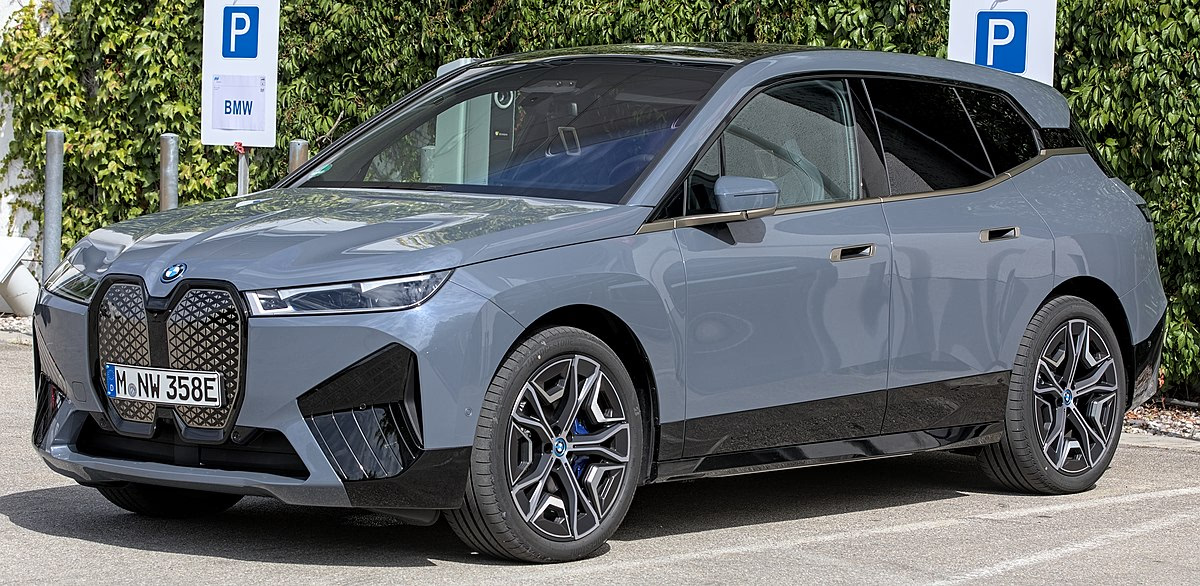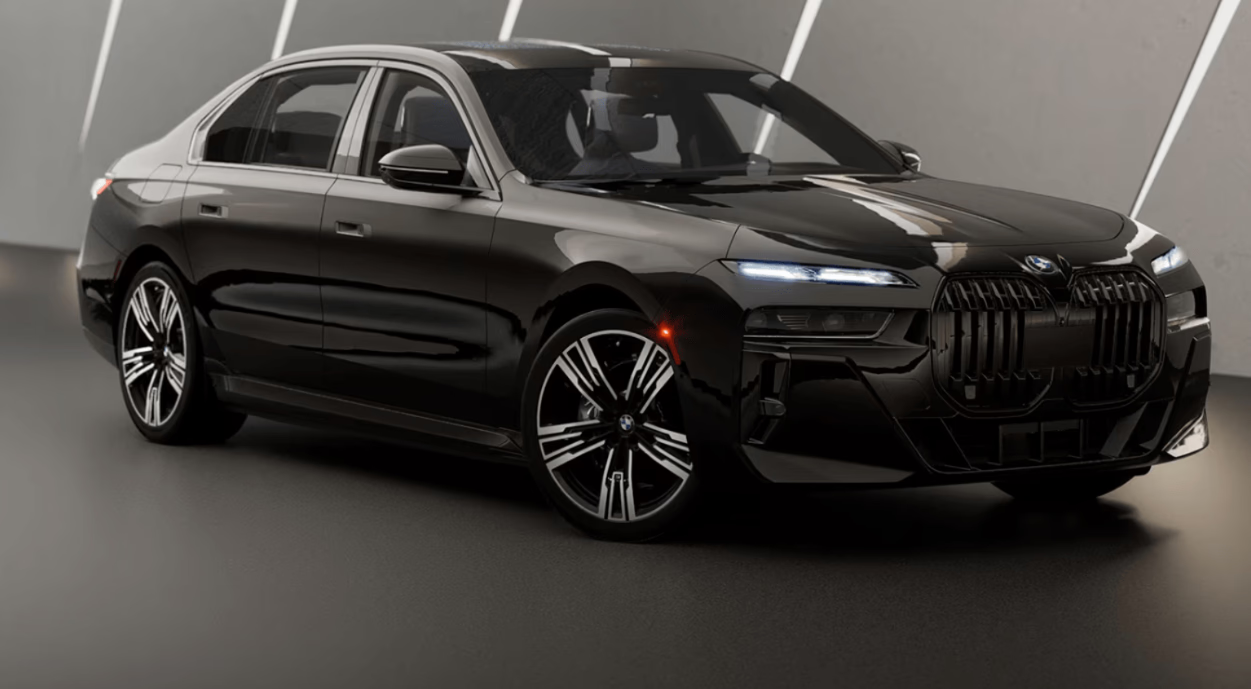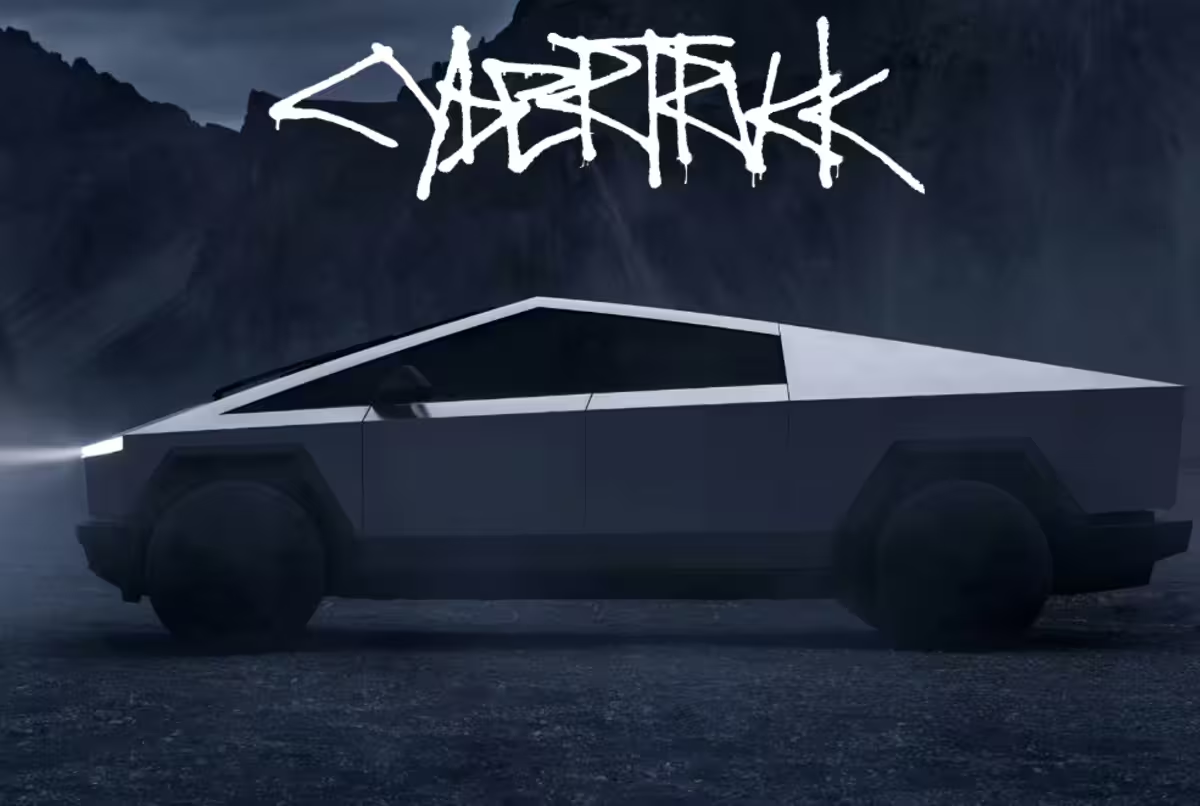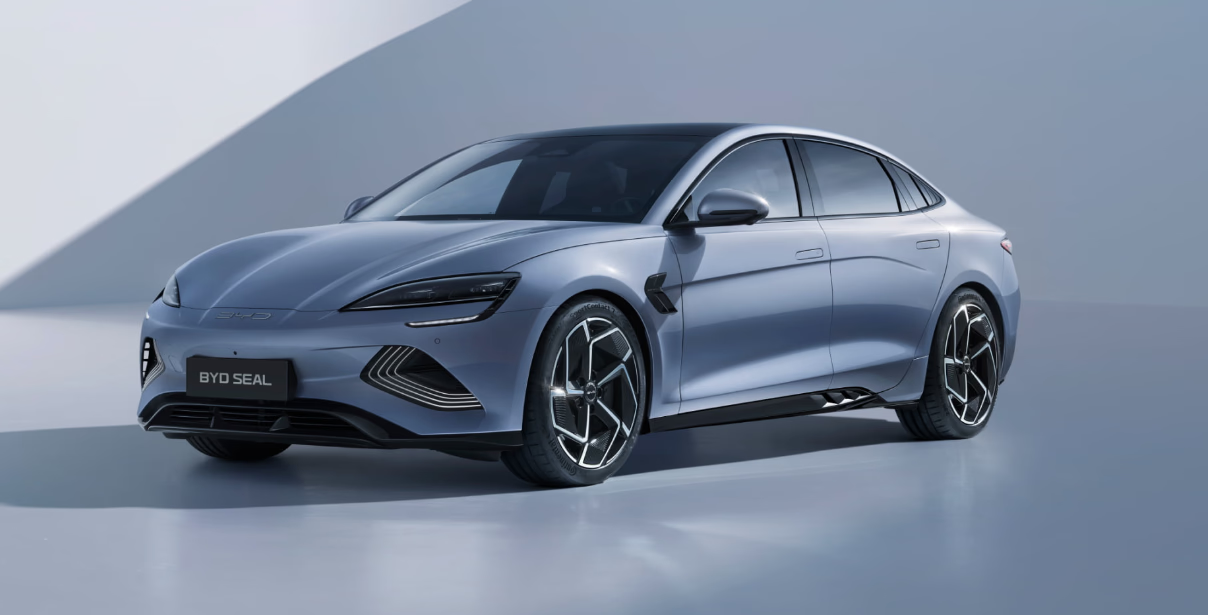How BMW Has Kept Up and Performed in the EV Race
Introduction to BMW's Electric Journey
BMW, like many traditional car manufacturers, was very wary of the EV technology. Is it worth it putting all your eggs in one basket, leaving the ICE industry which has been your DNA, blood, and history so far? BMW's foray into the electric vehicle (EV) market began with the launch of the BMW i3 in 2013. Since then, the German automaker has significantly expanded its electric lineup, embracing innovation and sustainability. But how has BMW kept up and performed in the increasingly competitive EV race? Let's take a look at the company's BEV (Battery Electric Vehicle) product line and its overall performance in this electrifying journey.
BMW i Series: Pioneering the Electric Path
The BMW i3 set the stage for BMW's electric ambitions. With its quirky design and urban appeal, it was an immediate hit among city dwellers. However, it was the introduction of the BMW i4 and BMW iX that truly showcased BMW's commitment to electric mobility. The i4, with its sleek design and impressive performance, offers up to 301 miles of range, making it a serious contender in the luxury EV market. Meanwhile, the iX, an all-electric SUV, combines luxury and advanced technology, providing a range of up to 324 miles and a spacious, tech-forward interior.
Performance and Innovation
Performance (and sheer driving pleasure, ofcourse) has always been a hallmark of the BMW brand, and their electric vehicles are no exception. Take the BMW i5 for instance. Available in eDrive40 and M60 configurations, the i5 offers impressive acceleration and driving dynamics. The eDrive40 features a single motor with 335 horsepower, achieving 0-60 mph in 5.7 seconds, while the dual-motor M60 boasts 593 horsepower, reaching 60 mph in just 3.7 seconds. This performance, combined with a maximum DC fast-charging rate of 205 kW, positions the i5 as a formidable player in the electric sedan segment.
Advanced Technology
BMW has equipped its EVs with cutting-edge technology to enhance the driving experience. The latest BMW i4 and iX models feature the iDrive 8.5 Operating System, offering intuitive controls and seamless connectivity. The iX also includes BMW's Intelligent Personal Assistant, a voice-activated system that allows drivers to control various functions through natural language commands. Additionally, the i4 and iX support over-the-air software updates, ensuring that the vehicles remain up-to-date with the latest features and improvements.
Sustainability Efforts
BMW's commitment to sustainability extends beyond its vehicles. The company is focused on reducing its carbon footprint throughout the entire production process. BMW's EVs are built using recycled materials and renewable energy sources, aligning with their goal of achieving carbon neutrality by 2030. The use of sustainable materials, such as recycled plastics and eco-friendly leather alternatives, reflects BMW's dedication to environmental responsibility.

Customer Reception and Market Performance
The market response to BMW's electric vehicles has been overwhelmingly positive. The BMW i4 has received praise for its blend of performance, range, and luxury, positioning it as a strong competitor against rivals like the Tesla Model 3. The iX, with its impressive range and advanced features, has also garnered positive reviews, appealing to customers looking for a premium electric SUV.
Expanding the Lineup
BMW is not stopping at the i3, i4, and iX. The automaker has ambitious plans to expand its electric lineup further. The upcoming BMW i7 promises to bring luxury and performance to the electric sedan market, with advanced driver-assistance features and a plush interior. The iX3, another addition to BMW's electric SUV lineup, is set to provide a more affordable yet highly capable alternative for EV enthusiasts.
Innovative Engineering
One of BMW's standout innovations is the integration of their electric powertrains with their legendary driving dynamics. I do believe this is where BMW truly shines. The electric models maintain the brand's signature sporty feel, whether it's the iX tackling twisty mountain roads or the i4 gliding effortlessly through urban landscapes. This seamless blend of performance and efficiency is a testament to BMW's engineering prowess.
Challenges and Future Outlook
Despite its successes, BMW faces several challenges in the EV race. The competition is fierce, with established brands and new entrants constantly pushing the envelope. However, BMW's strategic investments in technology and sustainability position it well for future growth. The company plans to introduce several new electric models in the coming years, further expanding its EV lineup and strengthening its market position. I am convinced that BMW's focus on innovation and quality will help it navigate these challenges successfully.
The EV-Global Verdict
I do believe BMW has turned the tides after a slow start. Like several traditional car manufacturers, BMW seemed to be very wary of the EV technology and whether it would truly be the future. Given how late they started, BMW is indeed a prime example of excellent strategy execution. They have made significant strides in the electric vehicle market, demonstrating a strong commitment to innovation, performance, and sustainability. With a diverse and growing lineup of BEVs, the company has shown that it can keep pace with the rapidly evolving EV landscape. As BMW continues to push the boundaries of electric mobility, it remains a formidable player in the race towards a more sustainable automotive future.
For more information, visit the official BMW Electric Vehicles page or other trusted sources like Autoblog, CarExpert, and MotorTrend.



